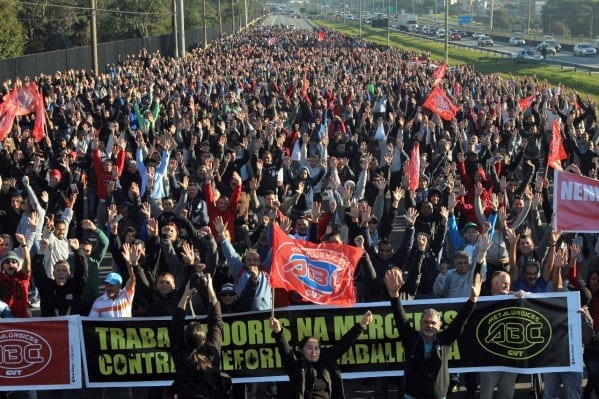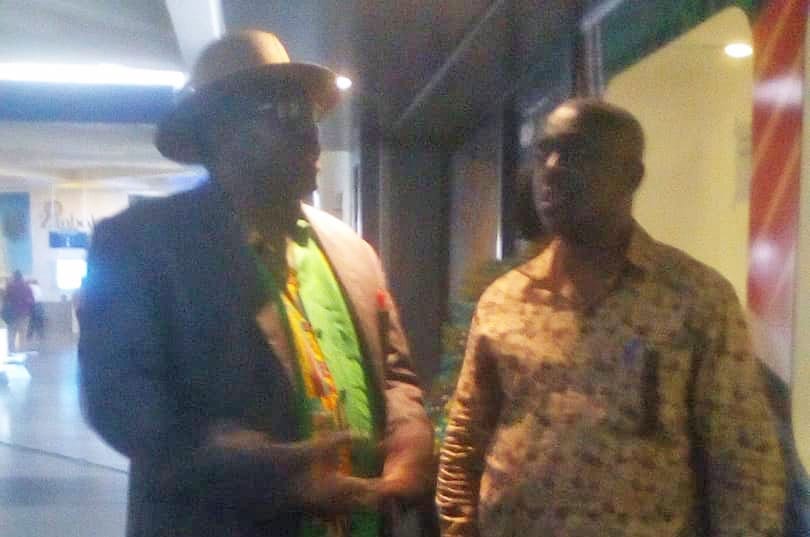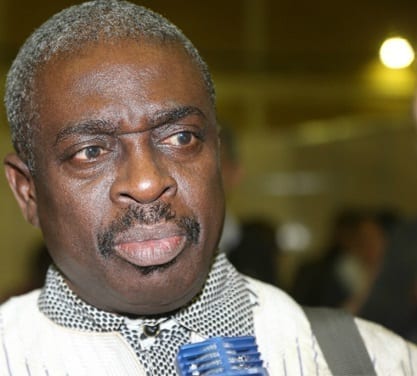Following the deadly mining dam collapse in January that buried alive 186 workers and residents of the town of Brumadinho, Brazil, and concurrent legislative attacks on worker rights, unions representing members across Brazil are requesting the Inter-American...
DRIVING CHANGE WITH A COMMUNITY OF WORKER RIGHTS LAWYERS
Through our Rule of Law Department, we partner with workers and unions around the world to ensure that all working people have their rights protected under domestic, regional and international law, have access to effective legal remedies at all levels if those rights are violated and have essential legal tools they need at the bargaining table.
Workers face significant challenges to overcoming systemic obstacles to exercise their rights, to access labor justice and to hold governments or corporations accountable in their workplaces and throughout their global supply chains.
By connecting workers and unions with lawyers from our International Lawyers Assisting Workers (ILAW) Network, we are able to harness both worker power and legal support where needed to create enabling environments and ensure workers are able to fully exercise their rights.
In South Africa, we supported constitutional litigation to ensure domestic workers have access to the national workers compensation fund. In Bangladesh, our lawyers supported workers in challenging the use of false criminal charges to dismiss and silence workers in garment factories. In the Americas, we supported efforts in regional human rights courts to hold governments accountable for anti-union violence.
THE ILAW NETWORK
The ILAW Network is a public service project led by our Rule of Law staff made up of more than 1,300 pro-worker lawyers in 96 countries, primarily from the Global South. It is the largest membership organization of worker and labor rights lawyers in the world.

The ILAW Network lawyers work together to develop creative solutions to promote workers’ rights globally—through campaigns, policy analysis, litigation and legislation.
From engaging with major fashion brands and suppliers to end gender-based violence and harassment in garment factories to suing major technology companies to secure labor rights on digital platforms, the ILAW Network holds governments and corporations accountable.
Work is driven with an explicit intersectional approach that incorporates three areas of legal tools:
STRATEGIC LITIGATION
Launched in 2022, the ILAW Network’s Strategic Litigation Fund makes modest grants to ILAW lawyer members to support impact litigation to defend legal principles and protect worker rights as human rights.
The Strategic Litigation Fund is the only dedicated financial resource for strategic litigation concerning workers’ rights in the world.
The ILAW Network has awarded 24 impact grants ranging from $3,000 to $20,000 driving change in Albania, Brazil, Ecuador, Eswatini, Ethiopia, Germany, India, Kazakhstan, Kenya, Nepal, Nigeria, Pakistan, Peru, South Africa, Switzerland, and Zimbabwe.
From challenging discriminatory exclusion of domestic workers from social protection in several African countries to seeking to enforce legislation against forced labor and human trafficking in Nepal to driving transnational supply chain litigation seeking to ensure accountability of a multi-national corporations, the Strategic Litigation Fund provides much-needed resources to push for long-term system change through legal reform.
Every donation, big or small, to the Strategic Litigation Fund can make a difference.
With just $1,500 we were able to send an investigative team of worker rights lawyers to conduct interviews with the families of victims’, indigenous communities and survivors of the Brumadinho dam collapse in Brazil where over 270 people died. The testimonies gathered and findings from the investigation were instrumental in driving the litigation to hold multinational corporations that certified the dam as safe accountable. As a result, the Brazilian company agreed to pay compensation (moral damages) in the amount of $7bn to the families of the victims.
Click here to make a donation.
MOVEMENT-BUILDING: EXCHANGE, KNOWLEDGE AND LEARNING
The following resources and opportunities to build power through regional and global convenings are at the heart of creating a movement alongside workers through a uniquely equipped legal community.
- The ILAW Network is made up of 1,300 members in each region across more than 95 countries, sharing information with each other in real time through a secure member-app.
- More than 2,500 (worker rights lawyers along with workers and union leaders) received targeted multi-lingual in-person training and webinars on a variety of topics, such as the right to strike, collective bargaining, technology and the impact on workers, and international strategies to prevent wage theft from migrant workers.
- The ILAW Network also offers the Future of Labor Law Database, an online resource to discuss and co-create model laws and policies intended to be worker-centric and inclusive, containing recommended labor law legislation with direct input from ILAW members.
- ILAW members are given opportunities to connect online and in-person through various events and activities to ensure that they have opportunities to build solidarity, community and learn from each other.
ADVOCACY, LEGAL RESEARCH AND LEGAL REFORM
- The ILAW Network has filed more than 15 amicus briefs since its inception in 2019 on important labor rights cases in Colombia, Costa Rica, Ecuador, Georgia, Mexico, Peru, Thailand, Uganda, the US and the Inter-American Court of Human Rights. The full list of amicus briefs can be found here. In several cases, the courts followed the reasoning set forth in the briefs that were filed.
- The ILAW Network has also supported (positive) or combatted (regressive) labor law reform in more than 20 countries through advocacy, and technical assistance informed by legal research.
- Through requests and discussions with its members, the ILAW Network conducts legal research on a variety of topics including digital platform workers, technology and labor rights, employment discrimination, workers in the informal economy, and more. All of which can be found here.
- The ILAW Network also publishes a multi-lingual biannual journal, the Global Labour Rights Reporter featuring articles from ILAW members on a variety of topics, including feminist labor law, global supply chain accountability and migrant workers.
Zimbabwe State Security Releases ITUC Africa Director
Hours after state security agents forcibly removed and detained ITUC-Africa Secretary General Kwasi Adu Amankwah in Harare, Zimbabwe, Amankwah was released and allowed to continue his official visit, according to the Zimbabwe Congress of Trade Unions (ZCTU). State...
ITUC Africa Director Forcibly Detained in Zimbabwe
Kwasi Adu Amankwah, general secretary of the African Regional Organization of the International Trade Union Confederation (ITUC-Africa), was forcibly taken from his hotel at 2 a.m. today in Harare, Zimbabwe, where he had just arrived. Amankwah was set to meet with...
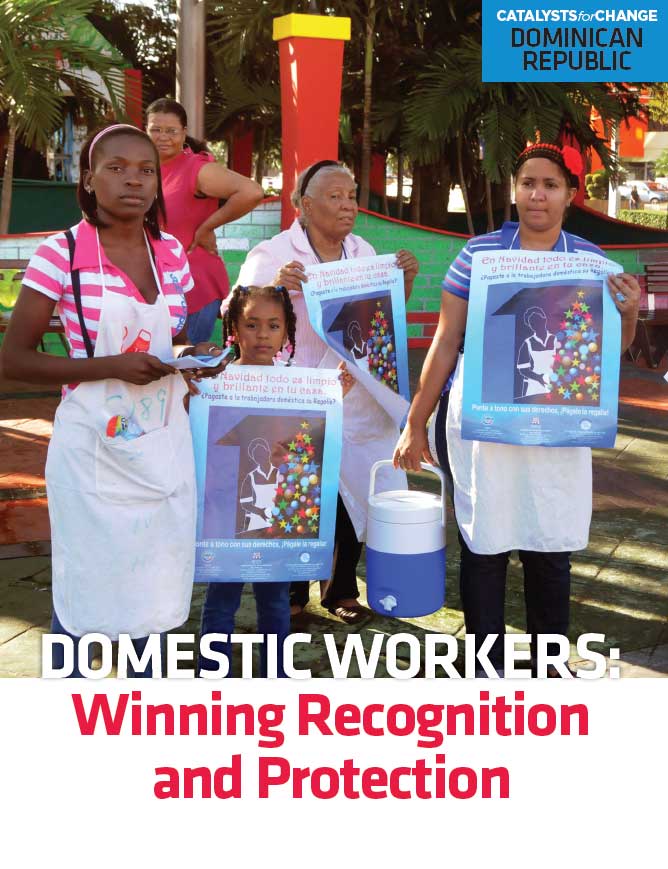
DOMESTIC WORKERS: Winning Recognition and Protection (2013)
Many domestic workers around the world are vulnerable to exploitation and not recognized by national labor laws. But in the Dominican Republic, domestic workers have campaigned to make gains over the last two decades—and a new Solidarity Center report shows how....
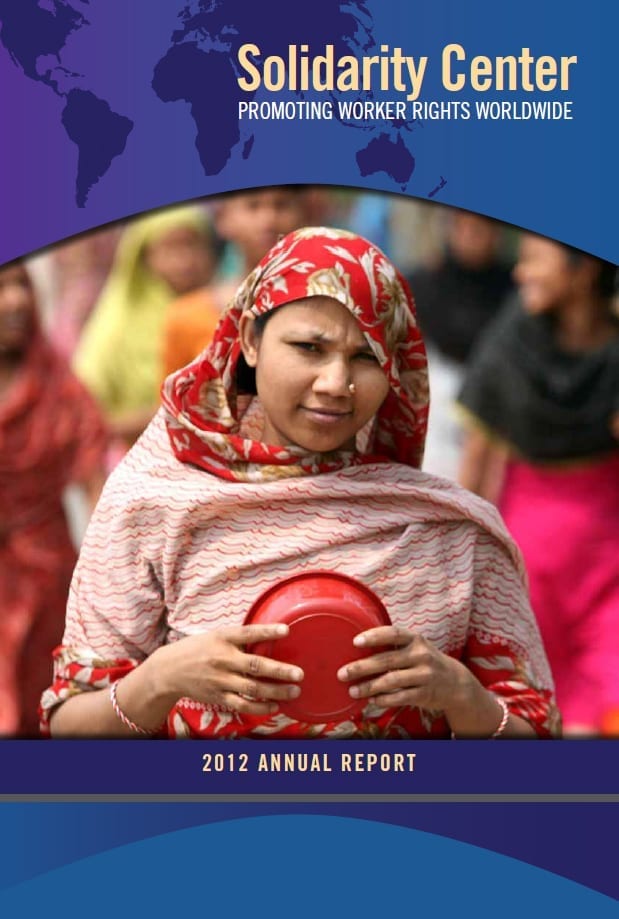
Solidarity Center 2012 Annual Report
Download here.
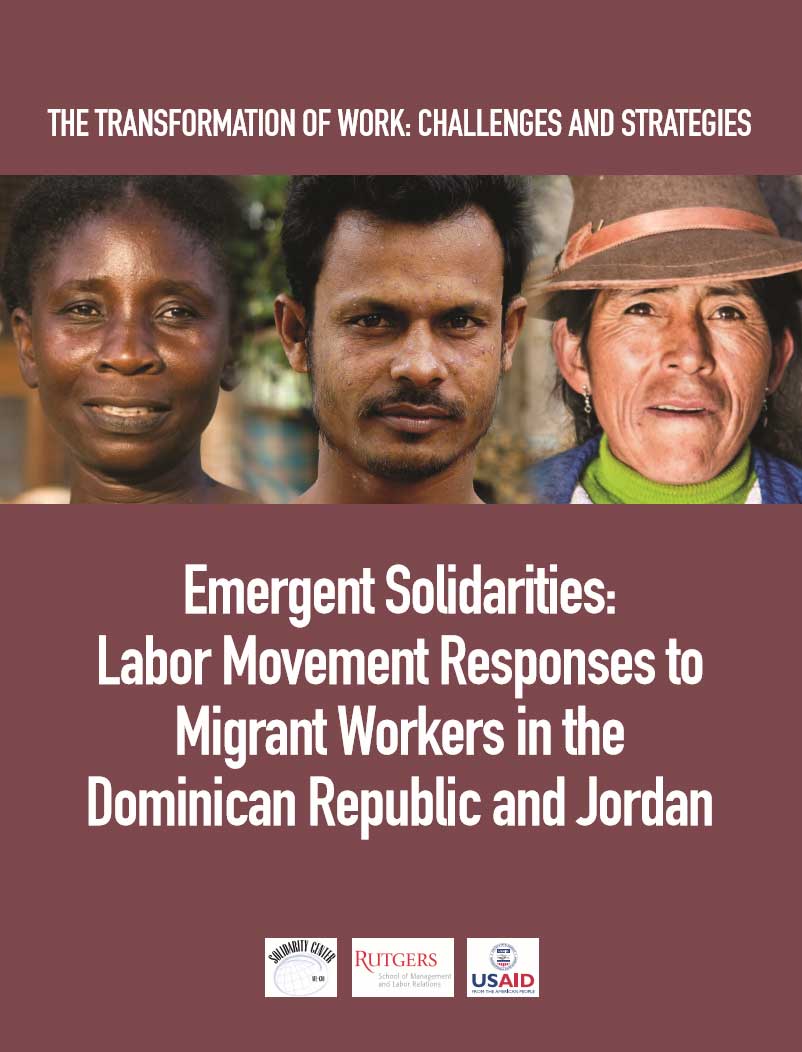
Emergent Solidarities: Labor Movement Responses to Migrant Workers in the Dominican Republic and Jordan (Rutgers, 2013)
This report explores examples of unions making significant change in their approaches to migrant worker organizing and how the Solidarity Center has played a role in shifting union thinking about migrant workers and supporting union engagement and activities. Part one...
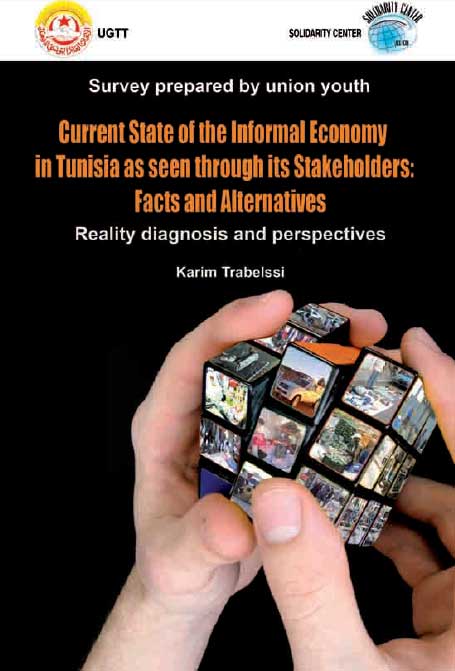
Current State of the Informal Economy in Tunisia as Seen through Its Stakeholders: Facts and Alternatives (June 2014)
A new Solidarity Center study takes a close look at the factors fueling the massive growth of Tunisia’s informal economy, and recommends actions to help shift workers in the precarious informal sector to jobs with health coverage and other social benefits. Download...
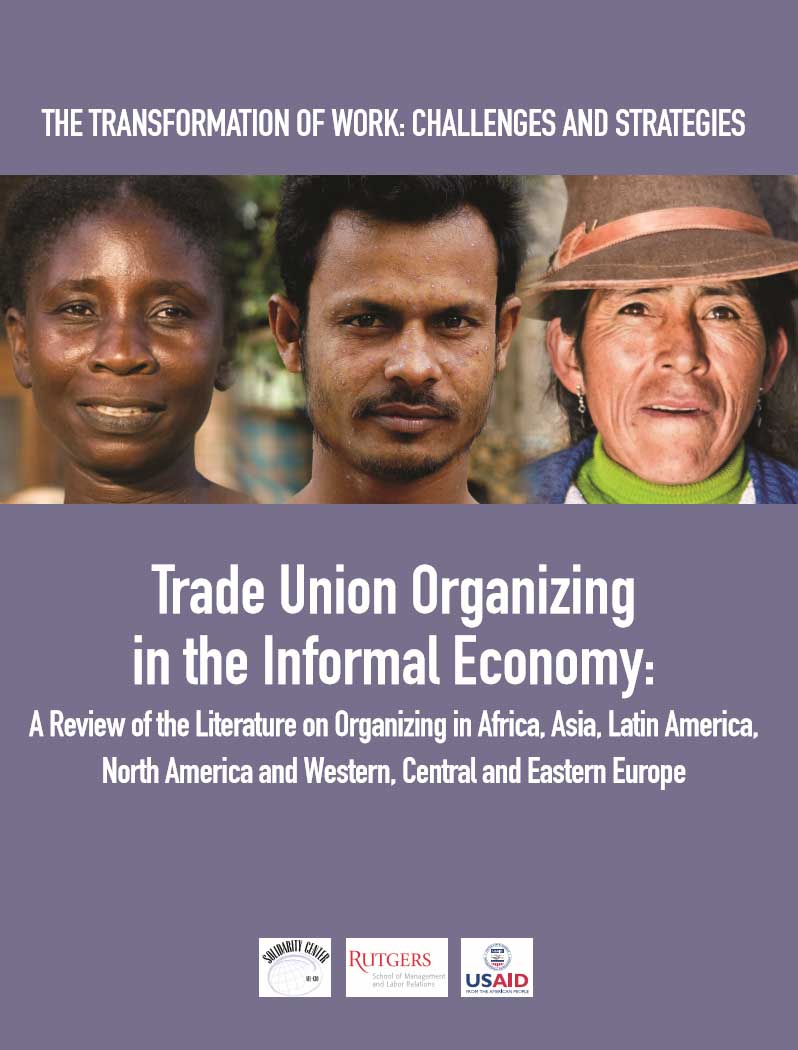
Trade Union Organizing in the Informal Economy: A Review of the Literature on Organizing in Africa, Asia, Latin America, North America and Western, Central and Eastern Europe (Rutgers, 2013)
This report reviews the literature of efforts throughout the globe by workers who labor outside the formal labor economy of their countries to form or join trade unions as well as unions’ efforts to organize and represent them. This Solidarity Center report is part of...
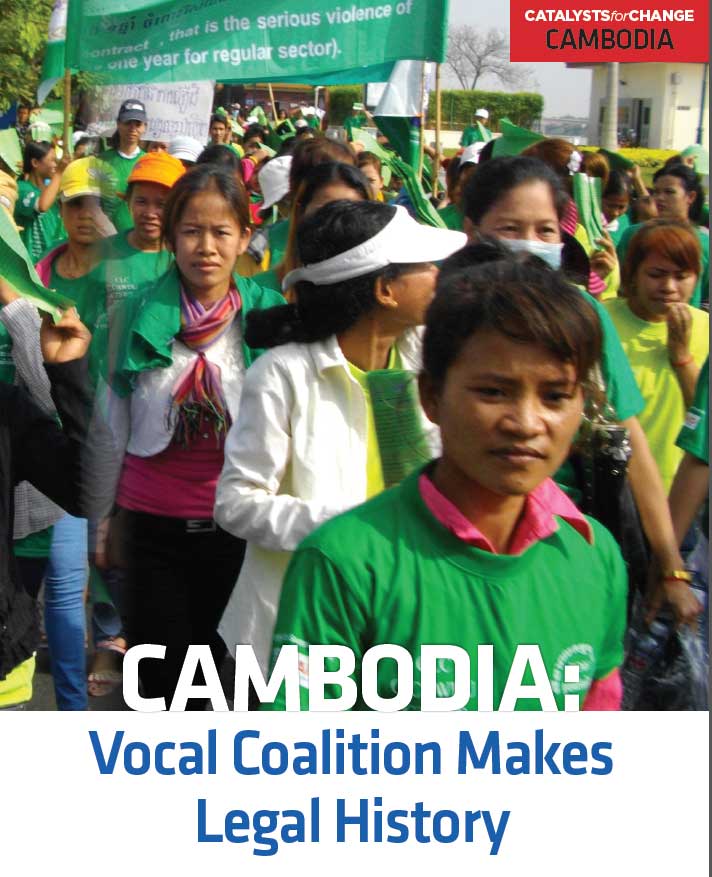
CAMBODIA: Vocal Coalition Makes Legal History (2013)
Cambodia’s nascent independent labor movement and human rights organizations worked to revise a labor law proposed in 2011 that would have significantly rolled back worker rights—and a Solidarity Center report describes how they did it. English (PDF) Arabic (PDF)...


